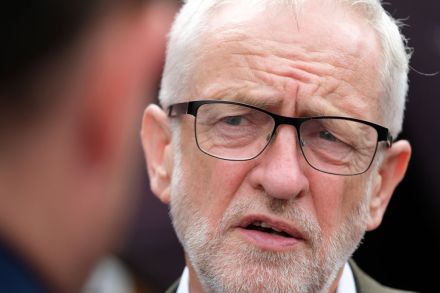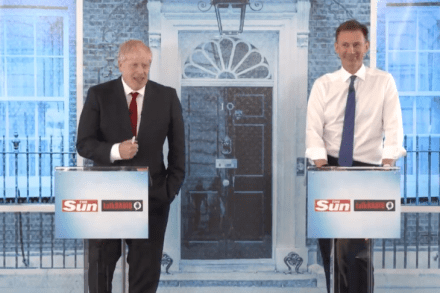Will Boris revive cabinet government?
It has become something of a tradition in British politics: an incoming prime minister promises to restore proper cabinet government. They vow to go back to the good old days of NHS policy being run by the health secretary, schools policy by the education secretary — and decisions taken in open discussion with a prime minister who is first among equals. The reality, however, is that a small clique in No. 10 ends up controlling the government. Gordon Brown made a fuss about bringing back cabinet government to try to differentiate himself from Tony Blair. In a rare admission of error, Brown says in his memoirs that he failed to




















